NICHOLAS TAY
Co-founder – Merlion Review Merlion Review (Singapore)
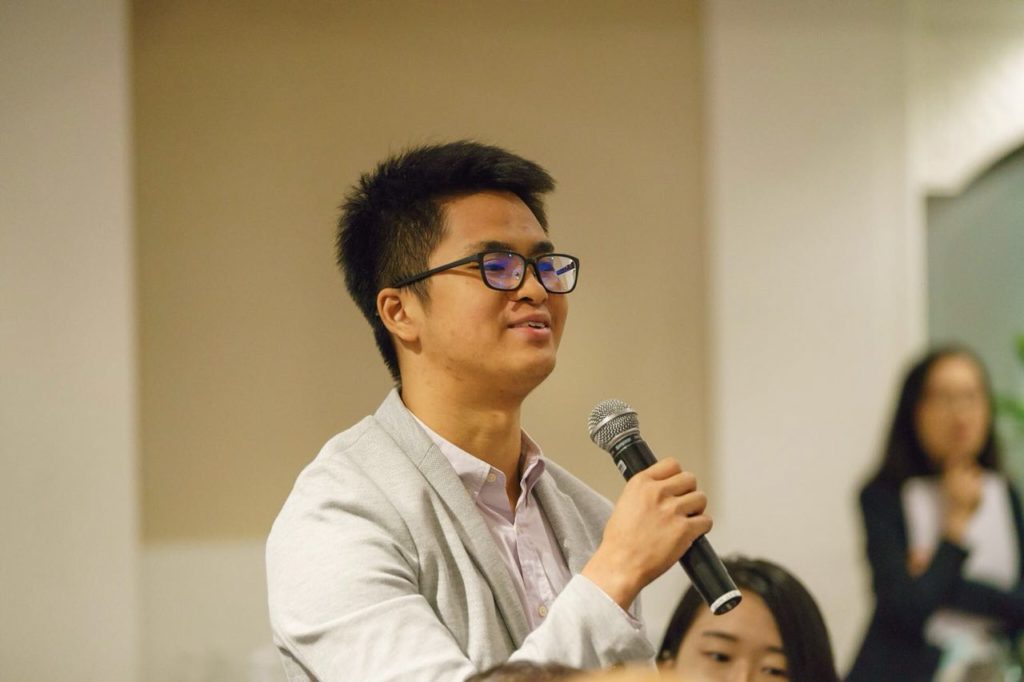
Over the past year, blockchain has been used by various Ukrainian ministries to conduct a range of duties from trial auctions (Reuters, 2017) to managing farmland registry (Bloomberg, 2017). Other governments in the region have also adopted blockchain with Belarus making mining tax-free (Politico, 2018), Russia using Blockchain in its Active Citizen initiative to enable voters to audit results (Sputnik, 2018) and Georgia registering land titles on Blockchain (Eurasianet, 2018). Outside the region, we are observing the same trends. The Monetary Authority of Singapore has started a Proof of Concept (POC) project to use blockchain in payment systems, Estonia has started using blockchain to ensure the integrity of its e-health system and Dubai’s Crown Prince has announced that by 2020 all government documents would use blockchain (Opengovasia, 2017).
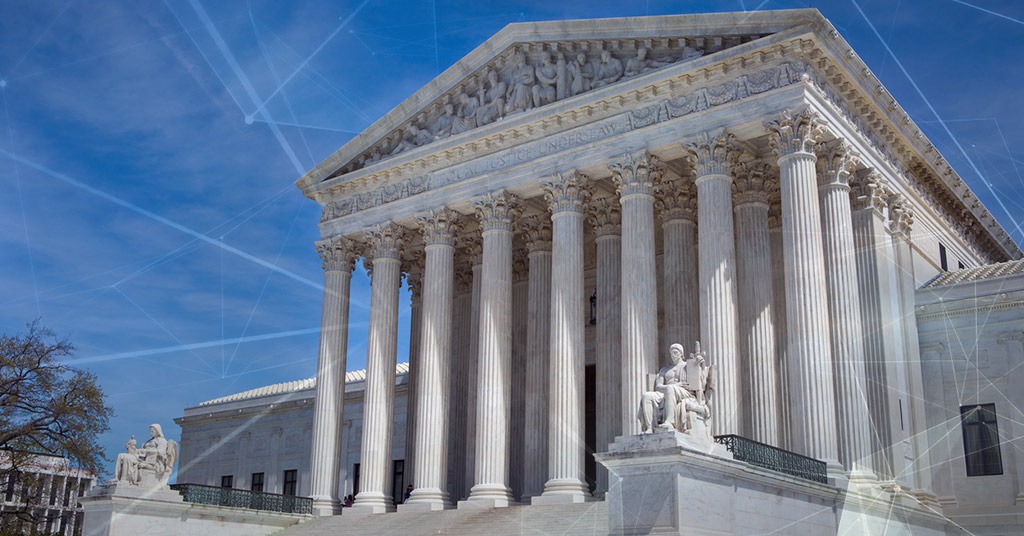
To find out about the evolving role of blockchain in public services, I had the pleasure of speaking with Hong Qi Yu, founder of Tokenize exchange in Singapore. Prioritising regulatory compliance and public trust in building his cryptocurrency exchange, Qi Yu and his team have amassed a wealth of expertise in public policy with regards to Blockchain. In addition, Qi Yu is actively involved in a plethora of international blockchain communities, frequently being invited to speak at various conferences.
As an enabler of blockchain technology in South East Asia, Qi Yu is keenly aware of the disruptive potential of this technology to improve public services.
A key benefit he sees is greater integrity in how government services can be conducted. For example, Singapore is home to one of the world’s busiest ports and thus handles a mass of shipping documentation from a myriad of supply chain players. With blockchain, shipping documents can be transmitted between the players with greater trust and integrity. Recognising this, the Maritime Port Authority of Singapore has signed an MOU with Singapore Customs and the Singapore Shipping Association to collaborate on the digitalisation of shipping documentation and to implement suitable technologies like blockchain (Opengovasia, 2018).
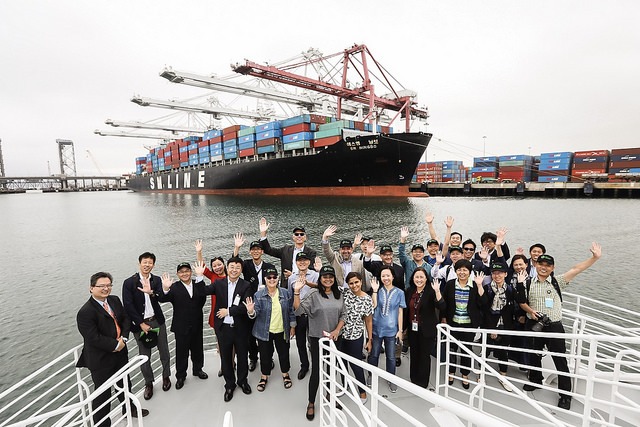
As the 6th least corrupt country in the world (Transparency International, 2017), public services are hardly susceptible to explicit corrupt practices. However, the transparency that blockchain brings is still relevant in ensuring that the information flowing through the authorities is reliable for stakeholders and conducive for the fair conduct of business.
Similarly, the Ukrainian government is looking to implement blockchain to increase the integrity of its land registry system. This will allow land registry entries inputted in one location to then be reflected across the entire system. In tandem with the immutable and transparent nature of blockchain, reliability and democratisation of the process can be boosted tremendously.
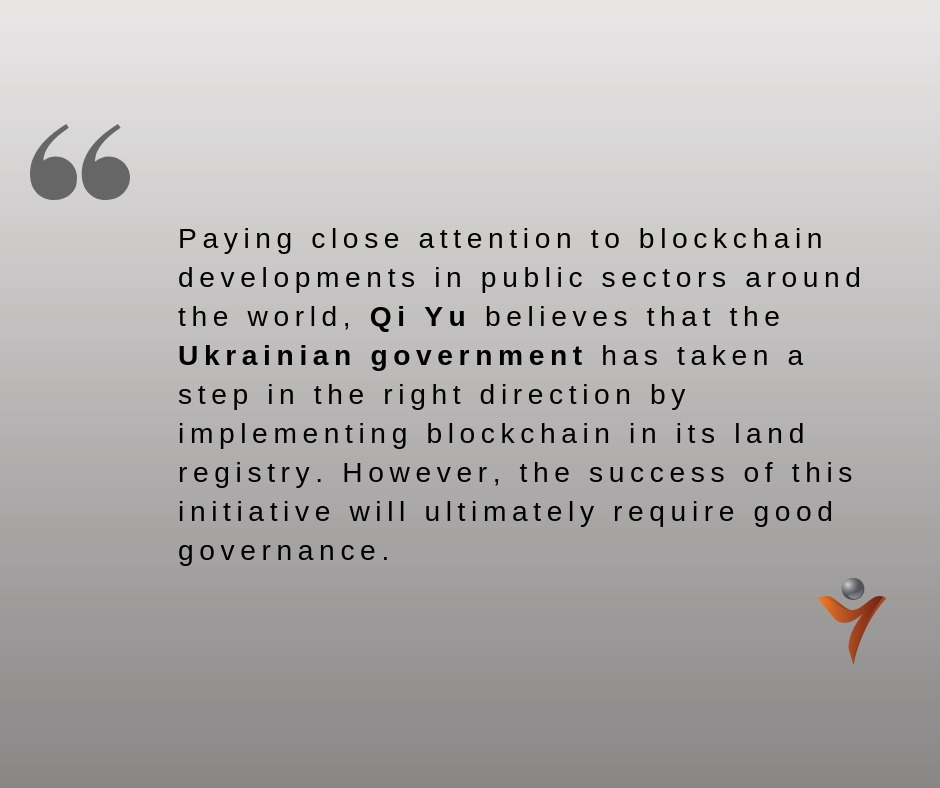
Before Ukraine, Georgia had implemented the use of blockchain in managing its own land registry and today ranks 4th in the world for “Registering Property” in the Ease of Doing Business Index 2018 (Doingbusiness, 2018). This rank category measures four indicators; all of which Georgia excels in.
The use of blockchain in land registry started in early 2016. At that time, the Georgian government was already institutionally strong with regards to property. Georgia consistently topped the Ease of Doing Business Index over the years for “Registering Property” (World Bank Group, 2009) and had done well in fighting corruption. In 2010, Georgia was ranked 68th globally in the Corruption Perception Index 2010 (Transparency International, 2018) and by 2016, the nation climbed to 44th (Transparency International, 2018). Therefore it is little wonder that the land registry of Georgia is now one of the best in the world after implementing Blockchain.
On the other hand, Honduras which tried to use Blockchain to manage their land registry in 2015 has since seen their blockchain initiative “stalled” (Coindesk, 2015). Today Honduras is ranked 91st globally in the Ease of Doing Business Index for “Registering Property” (Doingbusiness, 2018). This relatively lower performance compared to Georgia is due to many reasons. Firstly, Honduras has a longer cadastral history. Pre-independence, land in Georgia was state-owned and given that the country became independent in 1991 (BBC, 2012), Georgia had to handle 24 effective years of land transactions and documentation when it started its blockchain initiative. On the other hand, Honduras became independent in 1840 (BBC, 2012) and thus would have to deal with far more years of transactions and documentation. Secondly, Honduras’ “Registering Property” ranking has been historically relatively low; albeit still one of the best in their region (World Bank Group, 2009). Thirdly, while Honduras has made efforts to fight corruption; climbing 11 places from 2010 to 2016 (Transparency International, 2018), its ranking in the Corruption Perceptions Index in 2016 was 123rd (Transparency International, 2018). Therefore in the face of these challenges, adopting blockchain would not have yielded much result and until institutions are reformed, there is little improvement that we can expect from the implementation of the blockchain.
While there are many other factors to consider when evaluating the use of blockchain in public services, it is clear from the above cases that while blockchain can greatly boost integrity, sound institutional foundation is needed for the technology to be harnessed.
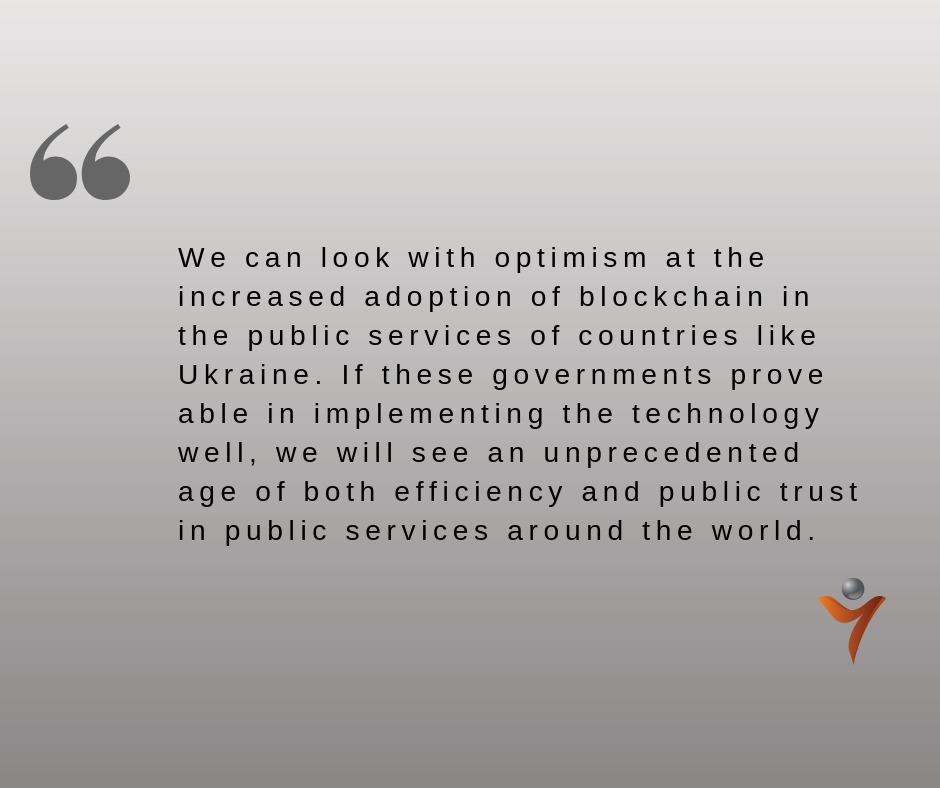
SEE ALSO: How will blockchain change retail business: TOP-5 options









